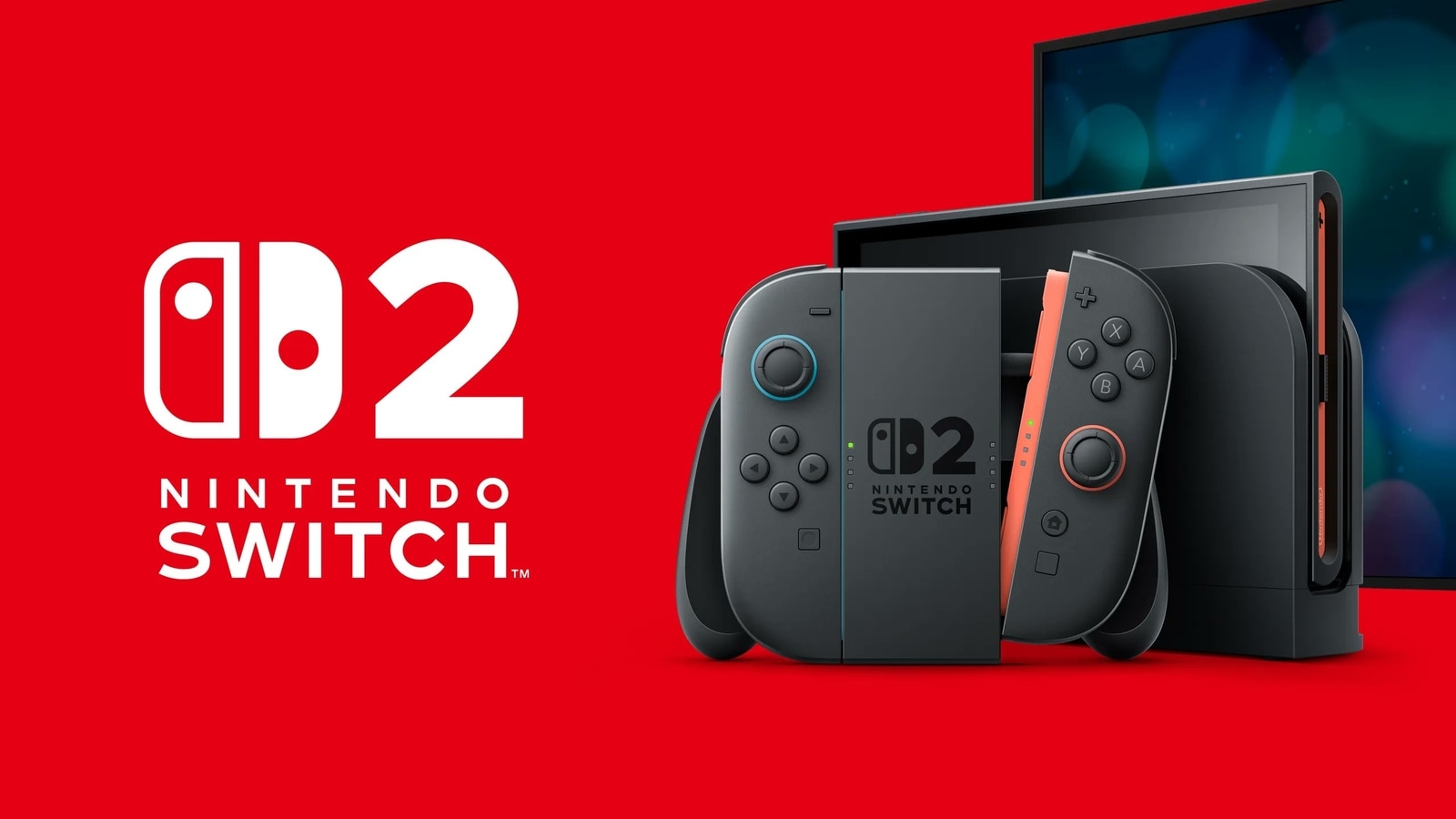INDIANAPOLIS — Athletes often speak in generalities as a defense mechanism. Rather than go in-depth on a potentially controversial topic, or even address the issue at all, they provide non-answers, using cliches and pre-programmed talking points to stay at a safe distance.
A part of me would like to believe that that’s what Caitlin Clark did Thursday morning when I asked if she was bothered by fans using her name as a weapon in the culture wars dividing the country. The Indiana Fever’s star guard didn’t close the door on the subject; she refused to even open it.
“No,” she declared. “I don’t see it. I don’t see it. That’s not where my focus is. My focus is here and on basketball. That’s where it needs to be, that’s where it has been, and I’m just trying to get better on a daily basis.”
I asked #IndianaFever’s Caitlin Clark directly about her name being weaponized for racism/misogyny (as Dijonai Carrington alluded to):
“It’s disappointing. … Everybody in our world deserves the same amount of respect. The women in our league deserve the same amount of respect.” pic.twitter.com/gyAWBqGG8c
— James Boyd (@RomeovilleKid) June 13, 2024
It’s not surprising that Clark would initially attempt to avoid the topic. She’s a rookie struggling to find her way on a new team in a new league, at a time when the shots that fell so consistently in college are now missing the mark with greater frequency. Instead of being the go-to closer, which contributed to her massive popularity at Iowa, she sometimes is on the bench in the waning moments because of turnover issues.
But you don’t get to hide behind basketball when you’ve been anointed the transcendent, rising tide who will lift the WNBA to greater prosperity. And you definitely don’t get to do so when people are using your name as a means of pushing racism, misogyny, homophobia and other societal ills. To whom much is given, much is required, indeed.
There is a tradition in professional sports that high-profile rookies are to be tested. Veterans go at them hard to see what they’re made of. Doesn’t matter the sport or the gender. But when Carrington fouled Clark and mocked the rookie for what she perceived to be an embellishment of the contact, much of the social media commentary was predictable. “Caitlin Clark was targeted by black players again Monday, this time in Connecticut,” one person wrote. “Suns (sic) guard DiJonai Carrington violently checked Clark then mocked her after the blatant foul. The crowd booed. If the races were reversed Carrington would’ve been ejected.”
Clark did not make the comments, but I was curious about her feelings about people using her name as a divisive tool. Her initial response Thursday morning: “It’s not something I can control, so I don’t put too much thought and time into thinking about things like that. And, to be honest, I don’t see a lot of it. Like I’ve said, basketball is my job. Everything on the outside, I can’t control that so I’m not going to spend time thinking about that. People can talk about what they want to talk about, create conversations about whatever it is, but I think for myself, I’m just here to play basketball. I’m just here to have fun. I’m trying to help our team win. … I don’t pay much mind to all of that, to be honest.”
But is she being forthright? It must be said that Clark is 22 and dealing with tremendous demands and expectations. That definitely should provide her with a level of grace. Still, her comments were troubling because they lacked awareness and empathy toward Black peers who do not have the privilege of distancing themselves from the isms they are regularly confronted with.
Carrington likened her silence to luxury. I see it as complicity.
Perhaps she didn’t want to fully address it because of the sensitivity involved? Or maybe she was following the advice of her inner circle, including advisors who might believe it’s more profitable to say nothing? It worked well for Michael Jordan and Tiger Woods, though it sent the message that money was more important than morality. But the initial unwillingness to stand against hate and harassment was always going to be problematic in a league that is predominately Black, and has a sizable LGBTQ+ population.
By happenstance, her comments came on the same day the Women’s National Basketball Players Association posted a column on The Players’ Tribune that highlighted how proud its members are of their history of fighting against social injustices. “Our work has always been bigger than basketball,” it stated at one point.
That’s why it was important that Clark revisited her comments late Thursday, an hour or so before tipoff against the Atlanta Dream. She ran the danger of losing the respect of some of her peers, particularly at a time when more and more prominent White players are speaking out as allies in the fight against racism and homophobia.
It would have been conspicuous and problematic for a league that prides itself on inclusion and acceptance to have its most visible player standing silent on the sideline when legendary WNBA guard Sue Bird spoke out in a 2020 CNN piece, or UConn guard Paige Bueckers addressed it during her 2021 ESPYs acceptance speech, or former LSU guard Hailey Van Lith last March called criticism of her Black teammates racist, or with Los Angeles Sparks rookie Cameron Brink last week saying, “I will acknowledge there’s a privilege for the younger White players of the league.”
No one is asking Clark to be a social activist or to be a prominent face in the fight for respect, but it is important for her to at least denounce those who might use her name to espouse hate and division.
“It’s disappointing, it’s not acceptable …,” she said before tipoff of people using her name to push agendas. “This league is a league I grew up admiring and wanting to be a part of. Some of the women in this league were my biggest idols and role models growing up. … Treating every single woman in this league with the same amount of respect is just a basic human thing that everybody should do. Just be a kind person and treat them how you would want to be treated.”
It may have taken her time to express those sentiments, but that should not overshadow that she ultimately got to the right place. It was a positive step for her and the league.
(Photo: Greg Fiume / Getty Images)

























